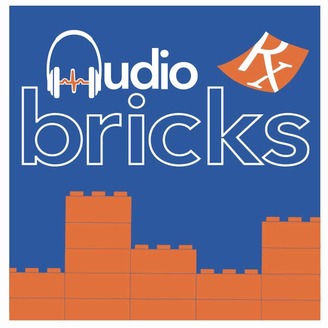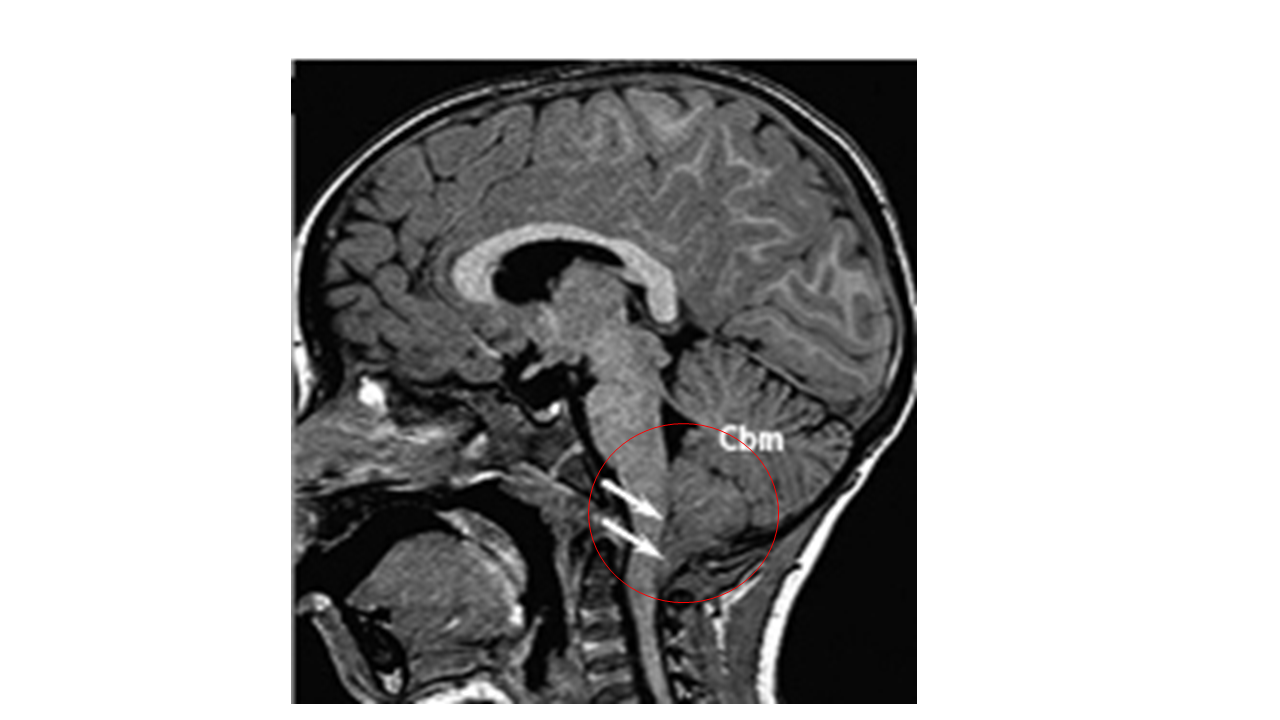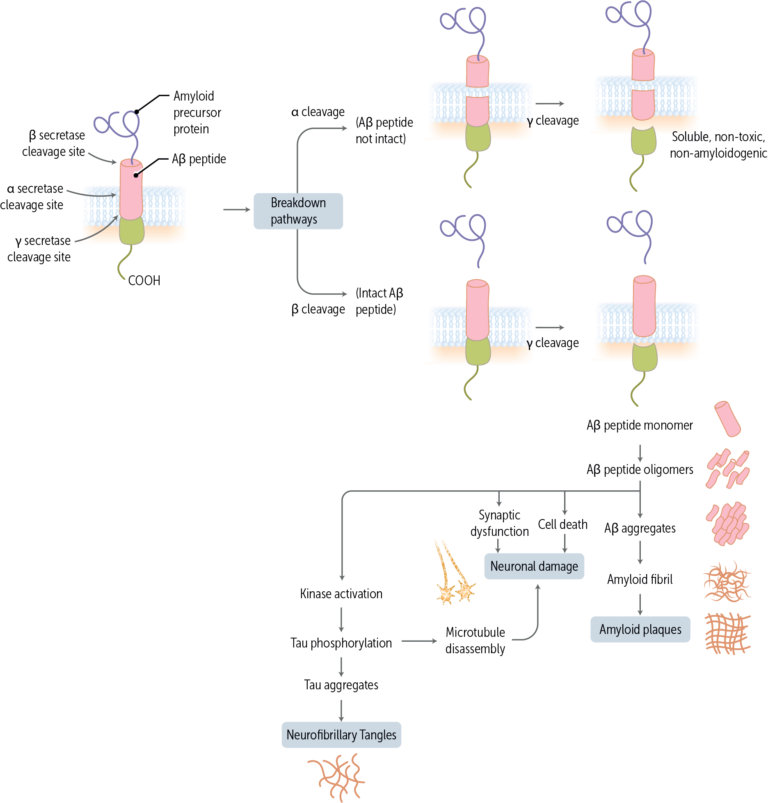Posts Tagged ‘neurology’
Pain Mechanisms

Pain is a sensation that warns of potential injury and alerts the person to avoid or treat it. For example, if you touch a hot object, you will feel pain and immediately remove your hand from that object, protecting your hand from further damage. As much as pain can burden and torment, ultimately it is…
Read MoreMigraine, Cluster, and Tension Headaches

Headaches are an unavoidable fact of life and often are nothing more than the result of sitting through one too many lectures. However, they can become debilitating and get in the way of daily life, especially when they become recurrent. Although some headaches have symptoms other than head pain, we typically think of headache pain…
Read MoreSigns of Upper and Lower Motor Neuron Disease

Looking for more information on this topic? Check out the Signs of Upper and Lower Motor Neuron Lesions brick. If you enjoyed this episode, we’d love for you to leave a review on Apple Podcasts. It helps with our visibility, and the more med students (or future med students) listen to the podcast, the more we…
Read MoreCongenital Disorders of the Central Nervous System

The central nervous system (CNS) comprising the brain and spinal cord is an incredibly complex part of the human body, so it is no surprise that sometimes things go awry during development. The various anatomic anomalies that result can be so severe as to be incompatible with life, such as when most or all of…
Read MoreSigns of Upper and Lower Motor Neuron Lesions

Every movement we make is caused by the contraction of different muscles, which are themselves controlled by the neurons that innervate them. However, one long nerve fiber does not run from the brain all the way down the spinal cord to reach our muscles. Instead, our bodies use a two-neuron system. After listening to this…
Read MoreBrain Energy Metabolism

For the most part, the brain relies on glucose as its main energy source. In fact, we say the brain preferentially uses glucose. In times of low glucose levels such as fasting or starvation, the brain can use ketones, lactate, and amino acids (worth noting: the brain does not use fatty acids to generate energy).…
Read MoreDevelopment of the Nervous System

Early in fetal development, the precursors of the major systems in the body are outlined. The three germ layers (endoderm, mesoderm, ectoderm) are formed during the third week of development. We’ll focus on the ectoderm, from which the entire nervous system (central and peripheral) forms. But first, let’s back up to review the anatomy of…
Read MoreMigraine, Cluster, and Tension Headaches

Headaches are an unavoidable fact of life and often are nothing more than the result of sitting through one too many lectures. However, they can become debilitating and get in the way of daily life, especially when they become recurrent. Although some headaches have symptoms other than head pain, we typically think of headache pain…
Read MorePain Mechanisms

Pain is a sensation that warns of potential injury and alerts the person to avoid or treat it. For example, if you touch a hot object, you will feel pain and immediately remove your hand from that object, protecting your hand from further damage. As much as pain can burden and torment, ultimately it is…
Read MoreNeurodegenerative Diseases: Foundations and Framework

Neurodegenerative diseases are a group of relatively common, progressive neurologic conditions that tend to affect people as they age. Basically, neurons in the brain die, causing functional losses. The part of the brain affected determines whether patients will experience dementia (deteriorated cognitive function), psychiatric disturbances, problems with movement, or a combination of these. These conditions…
Read More







